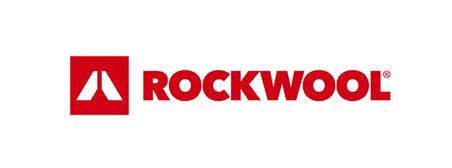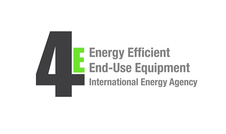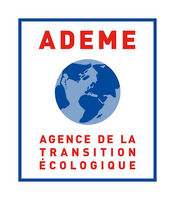Search eceee proceedings
Segmenting SMEs: net zero opportunities and challenges for UK bakery entrepreneurs
Panel: 2. Efficiency and beyond: innovative energy demand policies
This is a peer-reviewed paper.
Author:
Peter Roscoe, The Energy Institute, University College London, United Kingdom
Abstract
This research generates new qualitative evidence on an important group of relatively energy intensive small enterprises: small bakeries. They both manufacture and retail products so could represent similar activities across the poorly researched broader-small-enterprise-spectrum. The standard market failures and barriers approach to SMEs is not working. There is a big gap between their energy use and a netzero pathway. Granular qualitative detail about sub-groups of entrepreneurs and enterprises may reveal useful patterns of characteristics which could inform further research and policy development.
Small bakery enterprise energy use and the related baking and business practices in the UK are being explored. 12 entrepreneurs and advisers have been interviewed in depth. The researcher also observed and participated in bakery activities. Coding and thematic analysis with the evidence is allowing important themes to emerge from the entrepreneurs themselves.
Initial reporting from participants finds that the entrepreneurs have different objectives and styles, even in the same sub-sector: craft or business; second career or food industry lifer; social climber or sticker, but most enjoy innovating and will prioritise their customers’ preferences. The attitudes to peer communities vary, some see them as providing sound advice, whilst others find unwelcome attempts to impose outdated traditions. However, interactions with the local community of residents and consumers are generally seen as positive; they provide energising human contact and acclaim.
It is the perceived consumer preference for fresh bread in the morning that drives the standard night-working-approach of the entrepreneurs. Competition from supermarkets probably influences mid-market enterprises to be more focussed on cost minimisation, including energy expenditure.
Families often provide support, but none of the participants is planning for, or wants their children to take over, so investment follows the business cycle, e.g. new plant to support growth, or making do with old plant because sale of the business is coming up on the horizon. The energy performance of equipment is not a priority and data are not shared by manufacturers, although individual metering is relatively cheap, none of the entrepreneurs have installed it. Entrepreneurs are often more interested in renewable power supplies than energy efficiency measures. Electricity is the main fuel used by the small bakery enterprises. The entrepreneurs are hostile to bank finance, but paradoxically happy with Government guaranteed loans, equipment-supplier credit and car loan arrangements.
Greater policy emphasis on promoting the use of the most energy efficient plant would be worth considering. Small enterprises are often overlooked by Government policy initiatives for energy efficiency (e.g. UK Climate Change Agreements are not a feasible option), putting them at a, possibly, unfair disadvantage. However, at the same time, small enterprise is often seen as a vital community hub which could support “levelling up”. The opportunities for career and social advancement offered by small enterprises bring a diverse, largely, local workforce into valuable roles in society, compared with the poor access provided by corporate enterprises.
The research provides new qualitative empirical data on a sector of poorly understood entrepreneurs and their enterprises, it could be used to improve energy use across groups with similar characteristics.
Downloads
Download this presentation as pdf: 2-258-22_Roscoe_pres.pdf
Panels of
1. Dynamics of consumption: less is more?
2. Efficiency and beyond: innovative energy demand policies
3. Policy, finance and governance
4. Monitoring and evaluation for a wise, just and inclusive transition
5. Towards sustainable and resilient communities
6. Energy-efficient and low-carbon mobility for all
7. Policies and programmes for better buildings
8. Innovations in products, systems and building technologies



























